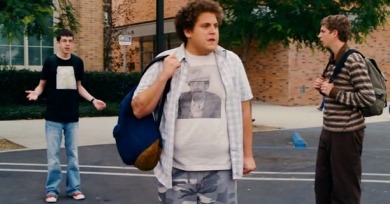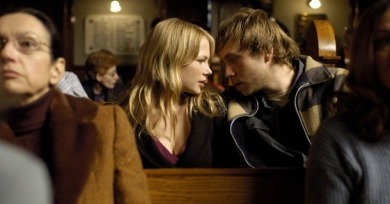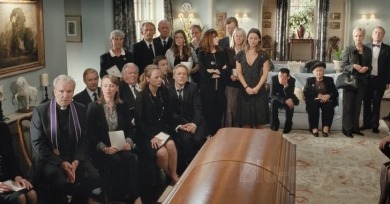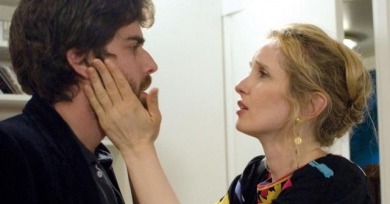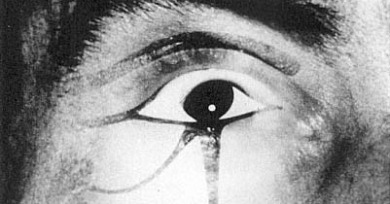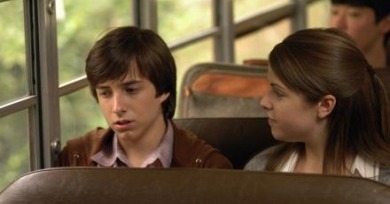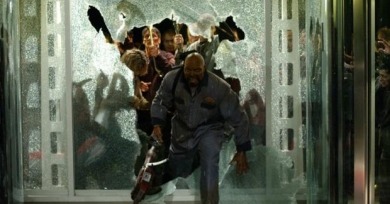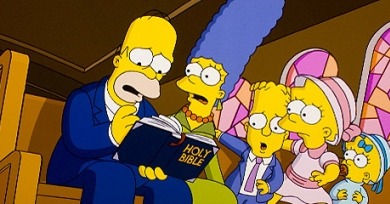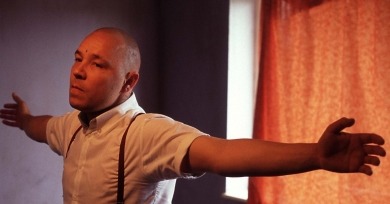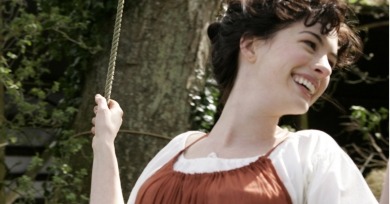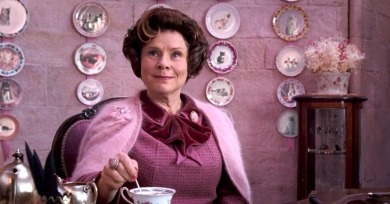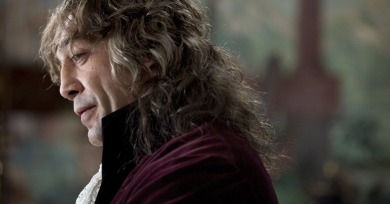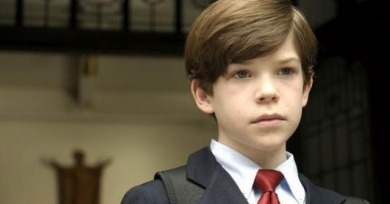Reviews
Superbad locates itself in a typical suburban high school, where the specter of potential humiliation is ubiquitous, from the lunchroom to the soccer field to cooking class.
Progressing beyond the earlier fumblings of Kissing on the Mouth and the more subtly developed LOL, the director harnesses in Hannah the fleeting emotional frequencies of everyday interaction for which he’s been striving.
The film is content to dwell on the heart-on-sleeve shabbiness that Hawke has embodied since Reality Bites, confident enough to risk awkward intimacy in its depiction of the blossoming, then shriveling relationship between twenty-year-old actor-in-New-York William Harding and singer-songwriter Sara Garcia.
For the sake of my faith in humanity, I’m going to refuse to accept that, and consider this an aberration, a relic of a bygone, less enlightened era. Moviegoers of America: please prove me right.
Though 2 Days in Paris purports to ultimately be an Annie Hall–ish elegy to lost relationships, Delpy and Goldberg cannot create enough of a poignant interaction to make their falling apart matter.
Though it’s the second Kino compilation assembled from the archives of experimental film promoter and collector Raymond Rohauer, Avant-Garde 2: Experimental Cinema 1928-1954 could easily be subtitled “Beginnings.”
Far worse than just reducing realities to their cinematic containers, however, the patina of seriousness that has been draped over Romero’s oeuvre has largely veiled his true seriousness: that of an entertainer and a storyteller, the qualities which gives his satire its bite.
To take a broad view of it, the new Simpsons Movie is a product—and a successful bid at brand reinvigoration.
War—as metaphor and as brute, if distant, reality—is invoked a great deal throughout Shane Meadows’s This Is England.
Becoming Jane would have us believe that Austen, played here by the perennially boring Anne Hathaway, was nothing less, or more, than a watered-down variation on one of her own heroines.
As the old joke goes, “An illiterate wizard and his goat walk out of a bar…” Never heard it? Clearly, David Yates assumes you have.
Things start getting a little silly and, in typical Forman fashion, more than a little overwrought when Goya’s Ghosts arrives at the Napoleonic War.
Five signs your preadolescent son may be “different,” from George Ratliff’s “Instruction Manual for Jittery New Parents" . . .
